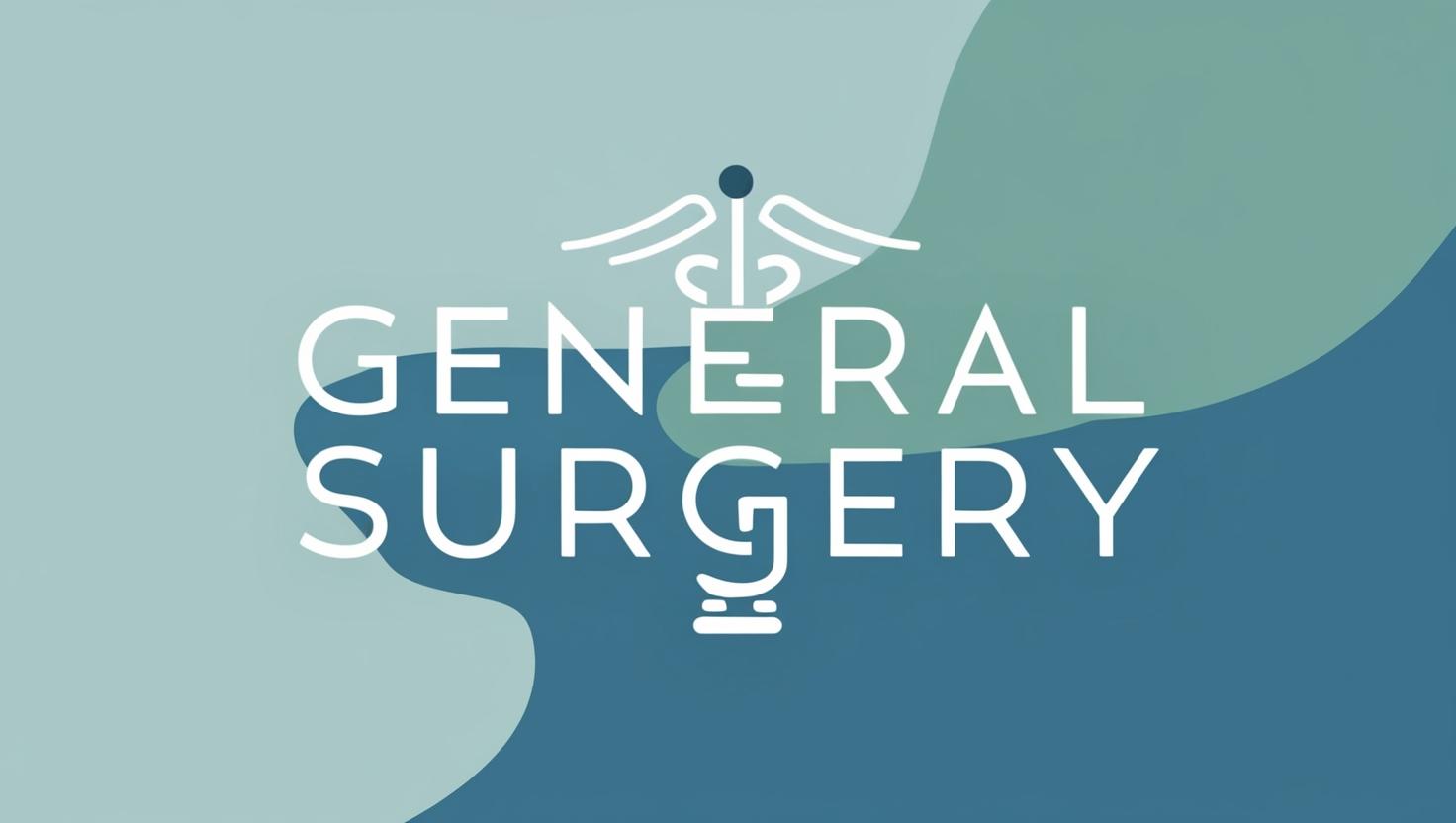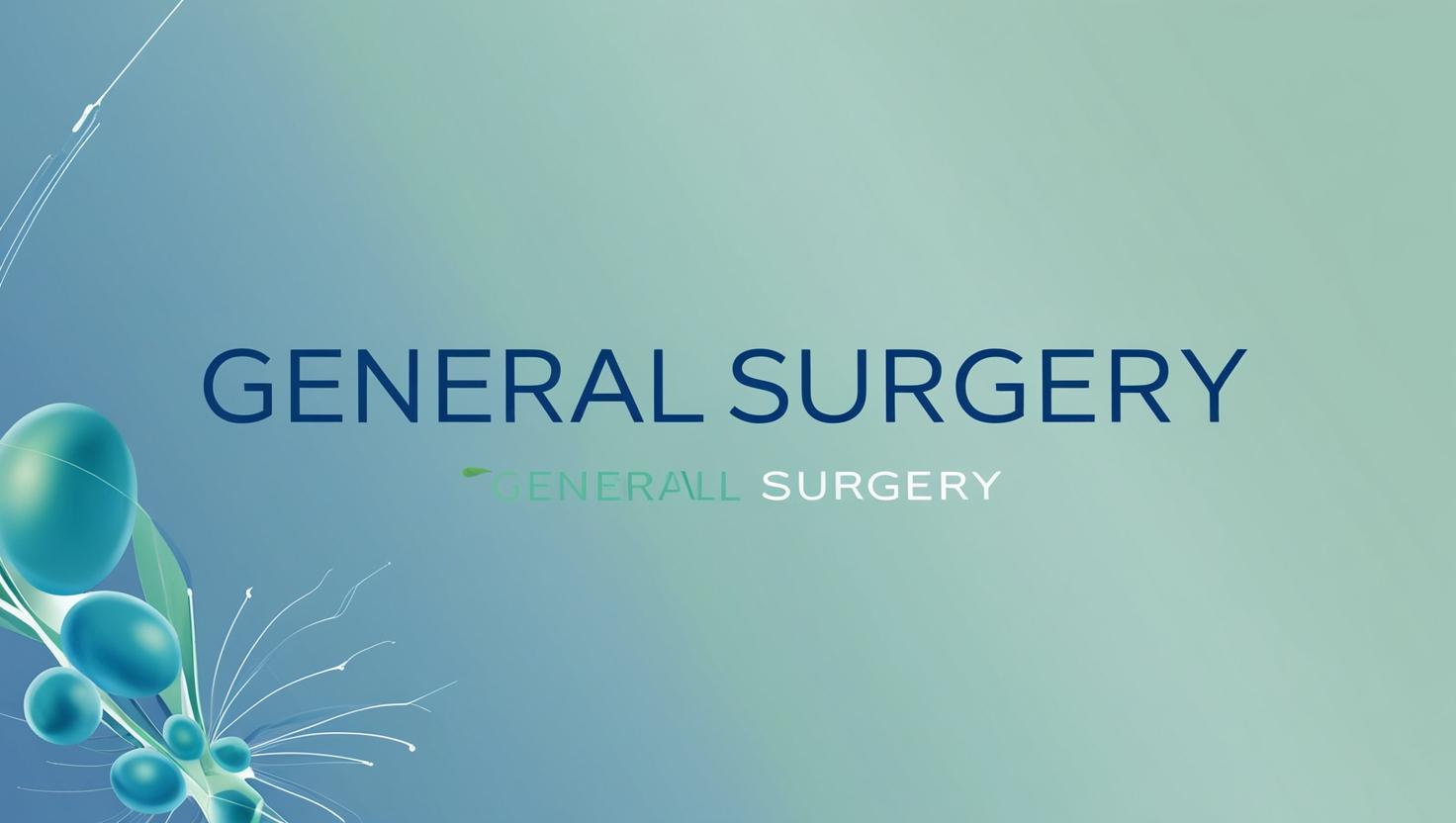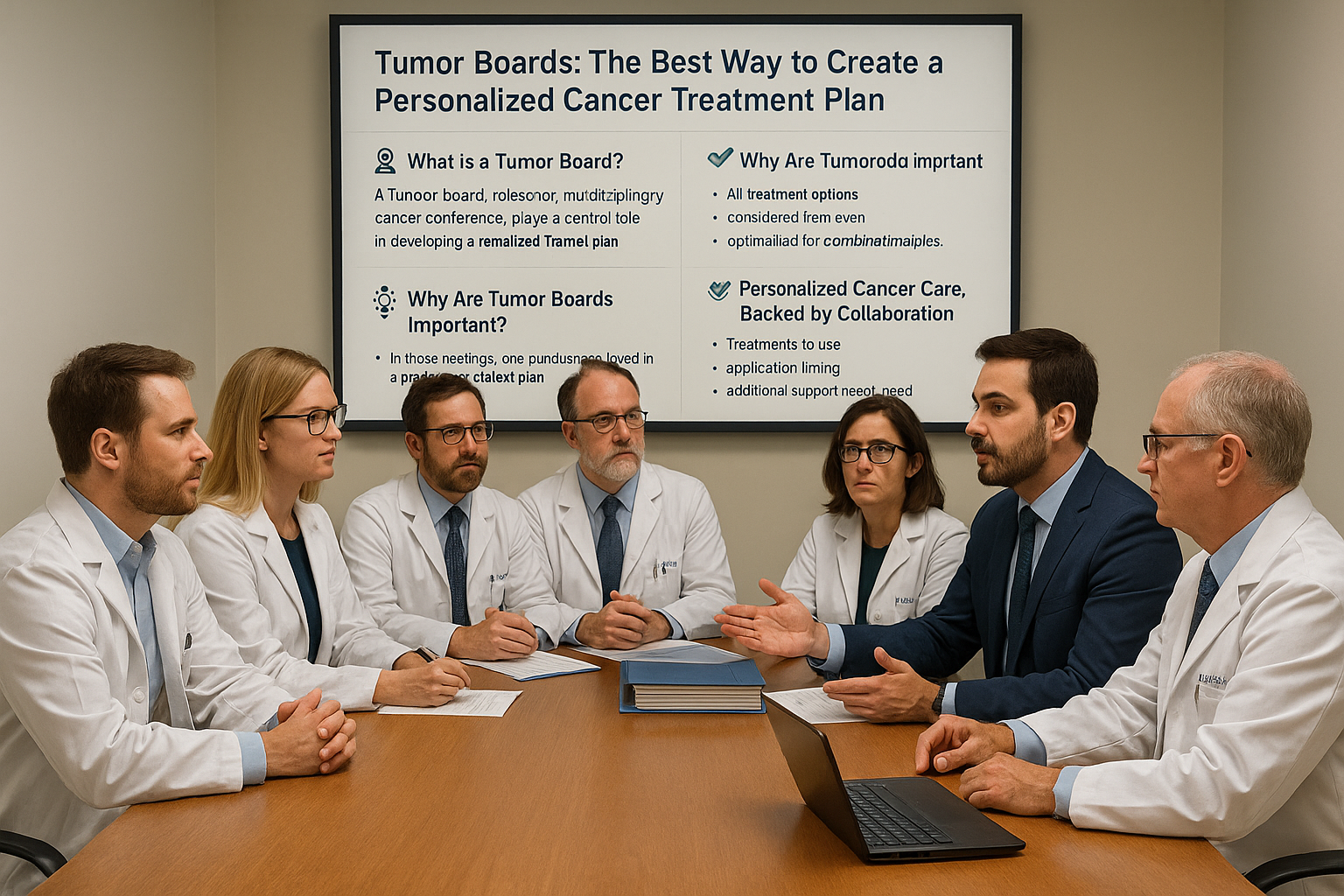How is Testicular Cancer Diagnosed?
-
Physical Examination:
- The doctor examines the testes for lumps, swelling, or other abnormalities.
-
Blood Tests:
- Checks for tumor markers, proteins often associated with testicular cancer.
-
Ultrasound:
- A non-invasive imaging test to examine the testes for irregularities.
- Differentiates cancerous masses from non-cancerous conditions like varicoceles.
-
Surgery and Biopsy:
- If cancer is suspected, the affected testicle is surgically removed for microscopic examination to confirm cancer.
-
Imaging Tests:
- CT scans and other imaging tests assess if the cancer has spread to other parts of the body.
How is Testicular Cancer Checked?
The National Cancer Institute recommends the following steps for a self-exam:
-
Visual Inspection:
- Stand in front of a mirror and look for changes or swelling in the scrotal skin.
-
Palpation:
- Use both hands to roll each testicle gently between your fingers and thumbs.
-
Normal Variations:
- One testicle might be slightly larger than the other, which is normal.
-
Identifying Lumps:
- Familiarize yourself with the epididymis (a soft, tubular structure at the back of the testicle).
- Cancerous lumps are firm, pea-sized, and often located on the sides or front of the testicle.
Testicular Cancer in Adults
Overview:
Testicular cancer arises from uncontrolled cell division in the testicles, located within the scrotum. Although rare (affecting ~3 in 100,000 men annually), it is the most common cancer in men aged 20–34. The disease is highly treatable, even after spreading beyond the testicles.
Symptoms:
Common signs include:
- A painless lump or swelling in one testicle.
- Heaviness in the scrotum.
- Dull ache in the abdomen or groin.
- Sudden fluid accumulation in the scrotum.
- Discomfort or pain in the testicle or scrotum.
- Back pain.
Causes and Risk Factors:
- Causes: Unclear but linked to abnormal cell division and growth.
- Risk Factors:
- Undescended Testicle (Cryptorchidism).
- Abnormal Testicular Development.
- Family History of testicular cancer.
- Age: Most common in men aged 15–35 but can occur at any age.
Types of Testicular Cancer:
- Seminomas:
- Localized: Surgery removes the tumor.
- Spread: May require chemotherapy or radiotherapy.
- Non-Seminomas:
- Localized: Surgical removal with attention to vascular invasion.
- Spread: Systemic chemotherapy is common.
Treatment:
Goal: Immediate removal of cancerous tissue via radical orchiectomy.
- Early-Stage Disease:
- Active surveillance, single-dose chemotherapy, or radiation therapy.
- Second-Stage Disease:
- Short-course chemotherapy.
- Advanced Disease:
- Intensive chemotherapy for metastases.
- Resistant/Recurrent Cancer:
- Complex surgeries like Retroperitoneal Lymph Node Dissection (RPLND).
Prognosis:
Testicular cancer has a >90% global success rate. Only ~5% of cases result in death, making its prognosis significantly better than other cancers.
By focusing on early detection and treatment, outcomes for patients are highly favorable.
Why Choose Health Tourism for Testicular Cancer Treatment?
Health tourism allows you to access top-tier medical care for testicular cancer treatment, offering a combination of advanced medical technology, world-class expertise, and high standards of care. Patients who travel abroad for treatment can benefit from:
-
World-Class Hospitals: Access to internationally renowned hospitals with specialized testicular cancer centers.
-
Leading Surgeons and oncologists: Expert surgeons and oncologists with extensive experience in testicular cancer treatment.
-
State-of-the-Art Technology: The latest technologies in robotic surgery, radiation therapy, and diagnostic imaging.
-
Affordable Treatment Options: High-quality care at a fraction of the cost compared to other countries.
-
Comprehensive Care: From initial consultation to post-operative follow-up, a holistic care plan designed to ensure the best possible outcome.





